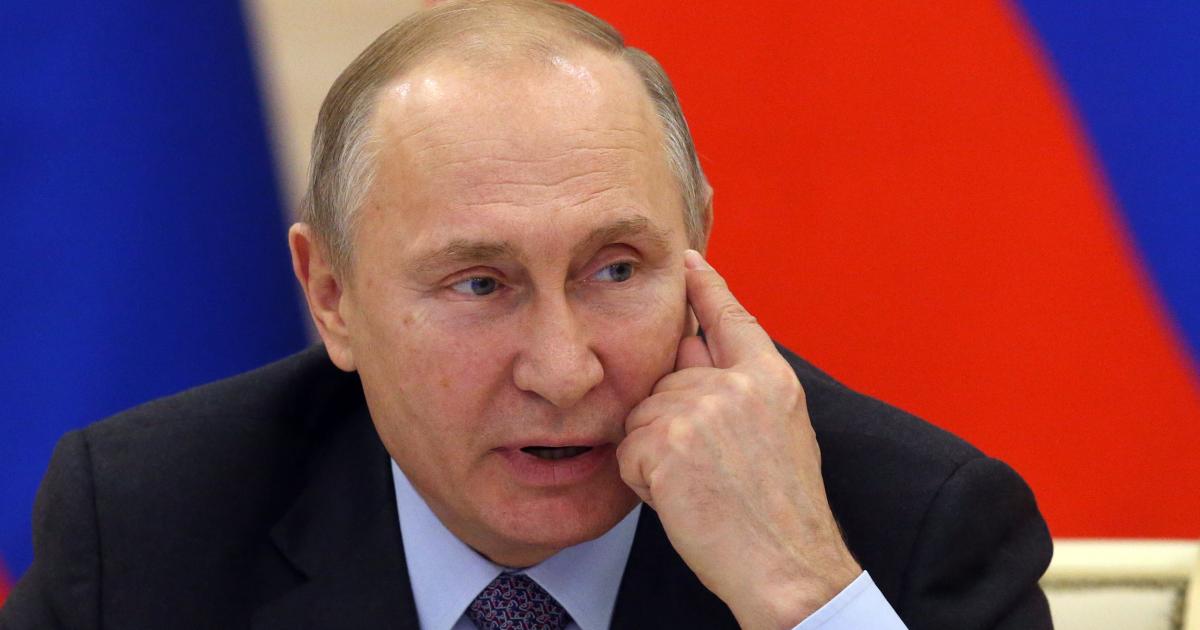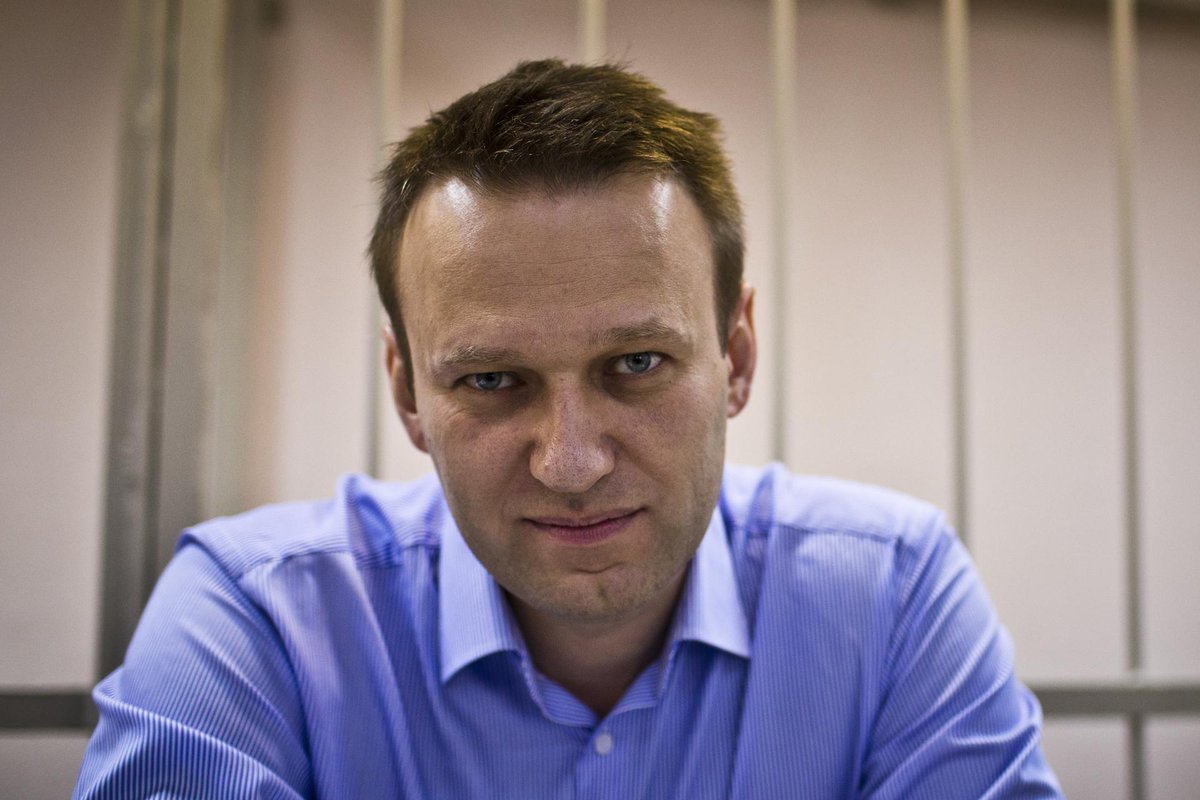

At stake is America’s military superiority and economic prosperity.Įconomic historian Chris Miller explains how the semiconductor came to play a critical role in modern life and how the US became dominant in chip design and manufacturing and applied this technology to military systems.


Now, as Chip War reveals, China, which spends more on chips than any other product, is pouring billions into a chip-building initiative to catch up to the US. Until recently, America designed and built the fastest chips and maintained its lead as the #1 superpower, but America’s edge is in danger of slipping, undermined by players in Taiwan, Korea, and Europe taking over manufacturing. Virtually everything-from missiles to microwaves-runs on chips, including cars, smartphones, the stock market, even the electric grid. Today, military, economic, and geopolitical power are built on a foundation of computer chips. You may be surprised to learn that microchips are the new oil-the scarce resource on which the modern world depends.

Thus, Putinomics at once analyzes Russia's political economy in a way that nonspecialists can comprehend and complicates our understanding of contemporary Russia.The Financial Times Business Book of the Year, this epic account of the decades-long battle to control one of the world’s most critical resources-microchip technology-with the United States and China increasingly in fierce competition is “pulse quickening…a nonfiction thriller” ( The New York Times). While acknowledging that part of Putin's successes-above all, quadrupling per capita GDP in just a decade and a half-can be attributed to cashing in on high oil prices, Miller details the government policies that have also been fundamental to Russia's growth, which has outpaced and outperformed comparable petro-states like Venezuela and Saudi Arabia.While many scholars have long agreed that Russia has combined reasonably successful macroeconomic policies with mediocre micro policies, Miller argues that this dichotomy has not seeped very far into public debate. Miller argues that despite Russia's corruption, cronyism, territorial expropriation, and over-dependency on oil as an economic driver, Putin's economic strategy has functioned far more effectively than most Westerners realize. In Putinomics, Chris Miller examines the making of Russian economic policy since Vladimir Putin took power in 1999.


 0 kommentar(er)
0 kommentar(er)
